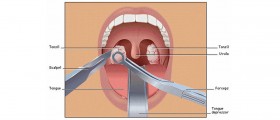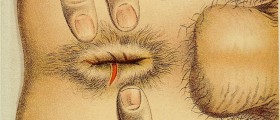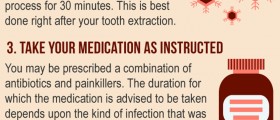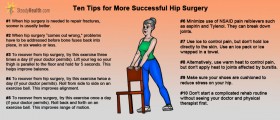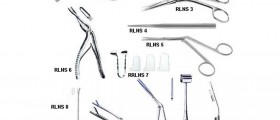I'm 18 and i'm a week into recovery after getting my tonsils and adenoids out, doc said both were extremely huge and they've cause a lot of breathing/ sleeping problems for me. i've been keeping up on liquids but i have lost all appetite and have not been able to eat anything for the last 3-4 days, pain isn't to bad, but does it hurt when scabs come off? i can't open my mouth all the way to check what's happening
Loading...
I'm sorry to hear you're going through this, but I'm glad you took steps to address your breathing and sleeping problems. Recovering from a tonsillectomy and adenoidectomy can be challenging for some people. Here are a few general points to keep in mind:
-
Loss of Appetite: A reduced appetite is quite common after the procedure, especially in the first few days when the throat is sore and swallowing can be uncomfortable. However, it's crucial to ensure you're getting enough hydration and nutrition to support the healing process. While it may be challenging, try to sip on broth, drink smoothies, or have other soft, easy-to-swallow foods.
-
Pain and Discomfort: Pain can vary from person to person. Some individuals describe a noticeable increase in pain or discomfort when the scabs start to come off, typically around a week or more after surgery. This can feel like a sharp or throbbing pain, but it's a part of the healing process.
-
White or Yellowish Coating: It's typical to see a white or yellowish coating at the site where the tonsils were removed. This isn't an infection but part of the normal healing process. As you mentioned difficulty opening your mouth fully, which can be due to muscle discomfort or inflammation after the surgery, you might not be able to see it easily.
-
Ear Pain: Referred ear pain is also common after a tonsillectomy, which means you might feel pain in your ears even though they aren't affected.
-
Hydration: Staying hydrated is crucial. Dehydration can make the pain worse and can delay the healing process. Drinking water or sucking on ice chips can help with both hydration and pain relief.
-
Speak with Your Surgeon: If you have concerns about your recovery, changes in pain, bleeding, or any other symptoms that seem unusual, it's crucial to contact the surgeon or healthcare professional who performed the procedure or seek medical advice.
-
Follow Post-Operative Instructions: Always follow the post-operative instructions provided by your healthcare provider. These instructions are designed to ensure the best recovery and minimize complications.
Loading...


